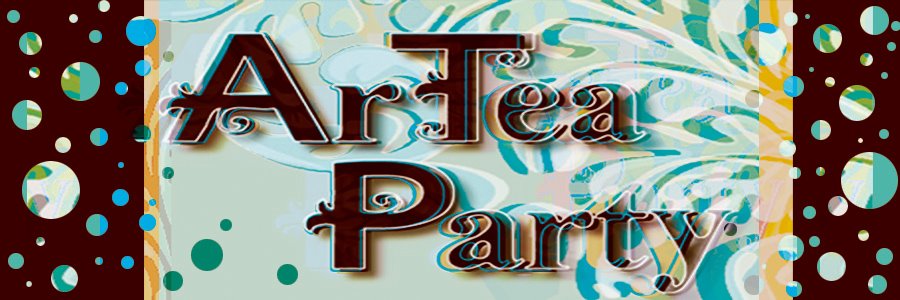About Fair Trade
 Fair trade is simply a method of trading that ensures producers and farmers, particularly those in financially poor communities and countries, are paid a fair and decent wage for the work they do and the products they produce. This means that workers are paid at least a living wage (that covers the cost of sustainable production) regardless of fluctuating market prices as well as a subsidy/premium to help support the producer's community (through social or economic development projects).
Fair trade is simply a method of trading that ensures producers and farmers, particularly those in financially poor communities and countries, are paid a fair and decent wage for the work they do and the products they produce. This means that workers are paid at least a living wage (that covers the cost of sustainable production) regardless of fluctuating market prices as well as a subsidy/premium to help support the producer's community (through social or economic development projects).
Non fair trade is usually run on a "free-trade" system which operates under the narrow minded premise that 'one trading system fits all traders', 'all economic growth is good', and that there should be 'no barriers in trade' (anyone can trade with anyone else). These may sound like sensible practices but are well known to predominately benefit those already at an advantage (i.e. financially rich countries, companies and individuals) and actually disadvantage those who are in a less viable position (i.e. financially poorer countries, companies and individuals).
Click here for more on why Free Trade is Unfair Fair trade is not charity! It is simply a means of ensuring fair wages in return for work. It is what we, in financially richer countries take for granted we will receive for our efforts. Whilst we are relatively free to choose between different jobs or types of work based on the amount of money we can earn, there are many in less fortunate circumstances who do not have this freedom.
Fair trade is not charity! It is simply a means of ensuring fair wages in return for work. It is what we, in financially richer countries take for granted we will receive for our efforts. Whilst we are relatively free to choose between different jobs or types of work based on the amount of money we can earn, there are many in less fortunate circumstances who do not have this freedom.
Fairtrade with it's widely recognised label is the leading fair trade certification and standard setting organisation and ensures that producers receive a better deal. Administered by FLO international (Fairtrade Labelling Organisation) it currently inspects and provides certification to around 570 producer organizations in more than 50 countries.
Click here for more information on Fairtrade in NZ


No comments:
Post a Comment